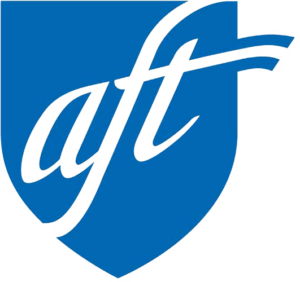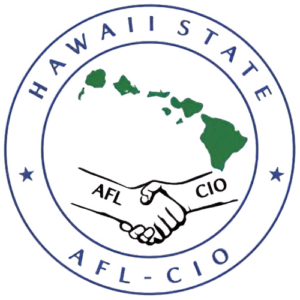Faculty Members,
Over the last two days the Governor has made a number of
statements related to the state’s revenue shortfall for both this fiscal year
and the projected biennium budget, July 1, 2009 – June 30, 2011. I have just finished a series of campus
meetings where I said that the only certainty was continued uncertainty. These latest pronouncements certainly prove
that point.
The following summarizes what UHPA knows, for certain, as of
today.
- Neither the Governor nor the UH administration has made any
contract proposal that would reduce faculty salaries. - The executive branch has been advocating that the health
insurance coverage provided by the EUTF be reduced to shift more of the costs
of co-pays to the plan participants who select the HMSA PPO. - The EUTF HMSA PPO premiums are estimated to increase by
29.4% on July 1, 2009, and the Governor’s employer representatives on the EUTF
indicated that there will be no additional state contributions to offset any
increases in premium costs. All of the
increased premiums would therefore be paid by the public employees, including
faculty. Currently, the employer’s contributions
cover 60% of the premiums, but with the premium rate increases that would
shrink to approximately 47%, less than half. - The Governor has indicated that she wants to drop all
employer contributions for dental and vision insurance, plus eliminate the EUTF
life insurance. The employer trustees
have also indicated that they want to eliminate the chiropractic coverage in
the current health insurance programs. - The cooperation
between the other public sector unions, especially HGEA and UPW, with UHPA has
never been better. - HGEA was informed by the representatives of the Governor’s
office that they would be receiving a proposal that progressively (think income
tax rates) cut civil service salaries over the next biennium to achieve a $270
million dollar savings to the state.
Further, the state would be proposing reductions in sick leave and
vacation accumulations for public employees (Although the amount of revenue
savings through these cuts are minimal, the HGEA sees this as just a general
effort to reduce all public employee benefits under the cover of the projected
decline in state revenues.) - Neither HGEA nor UPW have received any proposals from the
state executive administration. - None of the counties have indicated to any of the public
sector unions that it is necessary to cut civil service employees’ salaries
over the next biennium. - The SHOPO, the police union, and the Firefighters’ union are
both in the middle of four year contracts that have salary increases of
approximately 4% in each year of the biennium.
None of the counties have indicated that they would abrogate those
provisions. Also, those contracts
require the employers to continue to pay 60% of the EUTF health insurance
premiums. However, if the EUTF benefits
are reduced, those reductions would impact both the police officers and
firefighters. - Last week the UHPA Collective Bargaining Committee reviewed
all the efforts at reducing EUTF benefits.
They also examined changes on the campuses that would increase teaching
loads through increases in class size, and other workload issues. We are preparing counter proposals to be
presented to the UH administration and the Governor in response to these
conditions. - UHPA requested that another mediation session be called by
the Federal Mediator so that we could present our proposals to the employer. - With the Federal Mediator’s assistance, the employer agreed
to meet in a formal mediation session, now scheduled for 9:30 a.m. on Friday,
April 17th. No other
meetings from the Governor’s office have been requested in reference to any of
most recent pronouncements concerning salary reductions.
The Governor’s public statements indicate that she wants the
public employees and faculty to do the same amount of work, teach the same
number of classes, continue the same level of research, acquire more external
funding for UH, address the same levels of public service to the community, at
salaries over the next two years less than what they are currently
receiving. This is unacceptable. The consequences of these proposals will only
drive down both the quality and substance of the university’s programs; they
will also cause the state’s economy to be further depressed.
I believe that all the public sector unions will oppose this
effort to balance the state’s budget on the backs of public workers while the
state has not attempted to utilize the revenue sources that are still available
or seek additional revenues if they want the same level of public service,
research, and educational quality. The
state continues to hold a $184 million in the Hurricane Fund, a $100 million
rainy day fund, and undetermined millions in Federal relief funds. And not to be forgotten, the university is
continuing to bring in over $300 million in external funding, not counting
tuition increases. If you add in the
“economic escalator” referenced often by the UH administration with regards to
our institution, the work of the faculty and staff is a billion dollar enterprise
to the state.
Although the Governor has begun effort to shift the burden
of financial responsibility onto the public employees, it is up to the
Legislature to set the state budget. The
legislators will be put to the test in the next few months, and they do have
the votes to override any veto of the Governor.
All the public sector unions are paying attention to this legislative
process.
I will resume another set of campus meetings during the week
of April 27th as I promised.
I am sure there will be much to report, and that much will have
continued to change. Look for notices of
these meetings coming from UHPA and posted on this website.
J. N. Musto, Executive Director and Chief Negotiator



